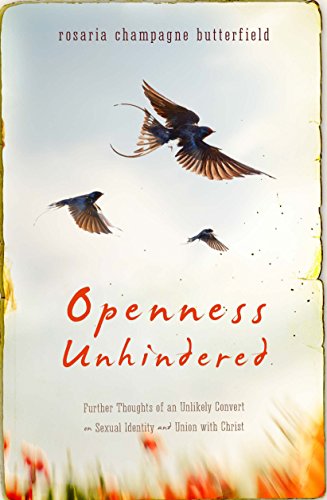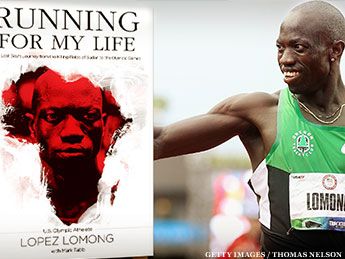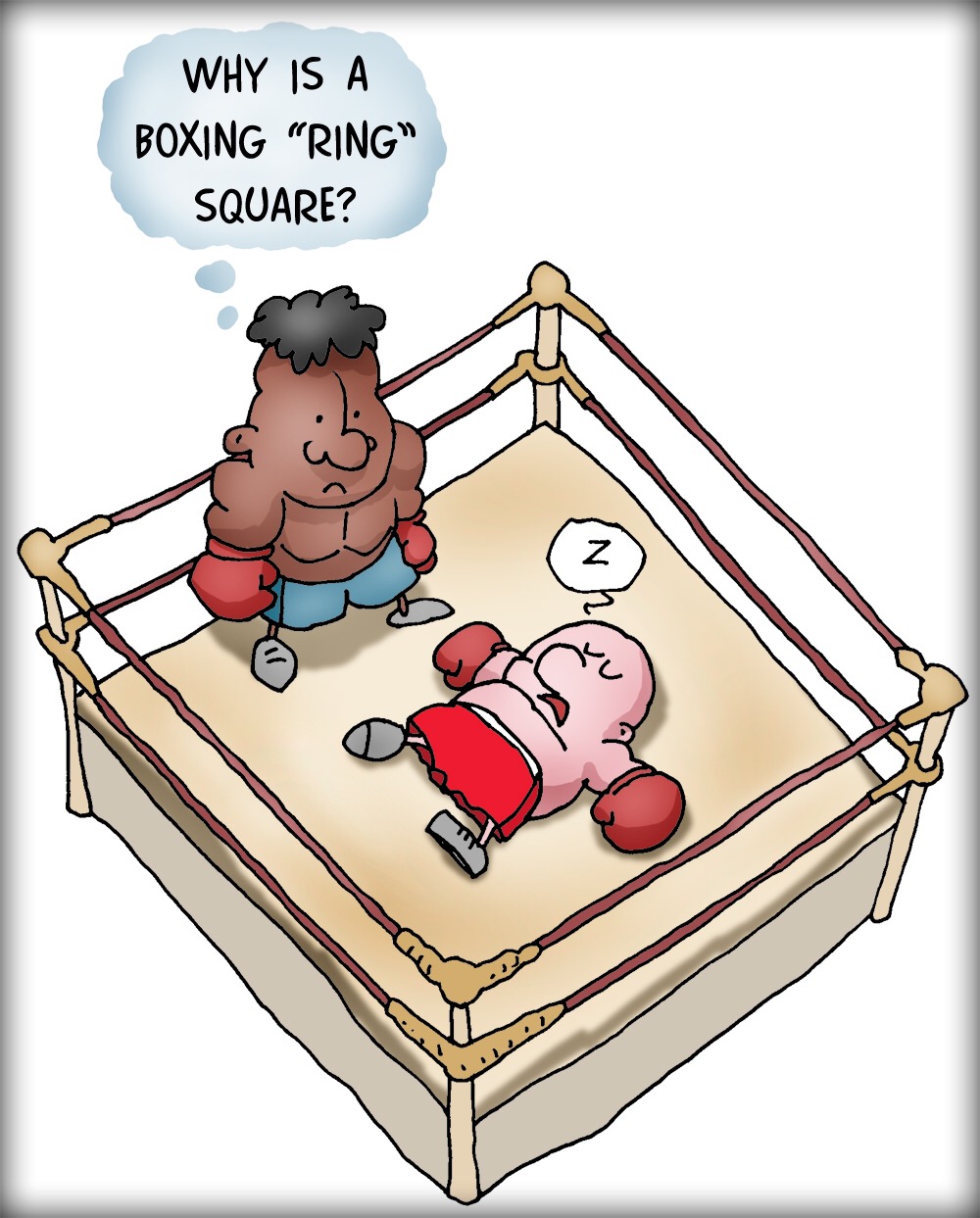
What a transformation! She goes from being a leftwing, outspoken lesbian activist university professor to being a Puritan theologian, pastors wife and homeschool mom of four. As I waded through quote after quote of 16th and 17th-century Puritans and studied her technical treatments of various theological terms for sin, I found it increasingly hard to believe that we are actually talking about the same person. If the shift was dramatic in her first book, it is even more so here.
She genuinely loves these “dead white guys” as she calls them. If it were possible to get in a time machine and move in next door to Jonathon Edwards she would! But I thought the book was not going to be a theological treatise on sin and the sovereignty of God, I thought it was going to be a conversation about human sexuality, help for struggling Christians confused and disoriented by the shifting sands of such a topic. Fortunately, she does emerge from dense 16th century New England theological forests every now and then to offer a thought or two about the difficulties at hand.
- GSA — Genetic Sexual Attraction. It’s a thing now. It’s an identity, so it can’t be wrong. It used to be called incest, but now we need to de-stigmatize it and affirm it when appropriate because it’s just how some people are. Recently a TED talk said the same thing about Pedophilia, “no one can choose to be a pedophile, and no one can cease being one” Says Mirjam Heine, and so it to must be de-stigmatized and worked with. And so it goes when our sexuality becomes linked with our identity.
- So Freud is the culprit, I should have known! Butterfield points her finger straight at Sigmund Freud as the one responsible for moving sexuality from a verb to a noun. Before Freud, sex was what you did after Freud sex was who you were. Thanks to Freud in less than a hundred years the category inventions of homo and heterosexual became immortal truths. Our sexual orientation is now our personhood. According to Butterfield, this is not good news for anyone. It becomes “binding” for the homosexual, she says, forcing him into a category of being with zero flexibility when clearly human sexuality is far more complex and adaptive than the black and white options presented through identity language. For the heterosexual, it’s “blinding” she says, because for the last 100 years, he has thought that his identity category was at least the right one, and so any sort of sexual activity within it surely wouldn’t be as wrong as the other category. But God doesn’t understand sexuality as right or wrong based on these two categories at all. She urges her readers to
“Refuse to let yourself be linked to a false category of personhood that links you to temptation. It’s a lose, lose for everyone. A category invented by Freud should not rule anyone’s life, especially a Christian!”
- Homosociality -The deep friendships that are possible among people of the same sex are very important. Unfortunately, says Butterfield “We have lost the ability to be same-sex attracted in a non-sexual way” It’s essential for people of the same sex to love one another deeply without having to wrestle with identity questions around their sexuality.
- Easy on the labels, especially if you are young – She quotes Yarhouse on this point. I couldn’t agree more. Children and young people have a hard enough time navigating the troubling waters of adolescence, why would anyone want to saddle confused children with life-altering labels that they cannot possibly understand at such tender ages? Let kids be kids, work with them through the confusion, don’t label them and force them into something while they are still developing. It’s just wrong. It doesn’t help the child.
- Gay Christian is not a word pairing she would approve of. You could see this one coming. Temptation should not be an identity. According to Butterfield, it is not a good idea to “create subcategories of Christians which are defined by patterns of sins.” However, she does interact graciously with another Christian who disagrees wholeheartedly with her on this. Her opponent says, “Naming delivers us from the chaos of unknowing, Gay is the same as deaf or quadriplegic. It’s a condition I have that exists.” I get Butterfield’s point, but I also sympathize with her detractor. Having said that, unhelpful identity terminology connected to temptation, as Butterfield puts it, is not going to go away. Can little pockets of Christian’s insist on other terms that don’t pair identity with temptation? Not with any measure of success in the broader culture as far as I can tell. We will have to work with the terminology that exists. But then isn’t the conversation over? Probably. Which is why Butterfield makes the point.
- Hospitality is the way forward Butterfield recognizes that debating “the issue” will hardly advance God’s kingdom, but hospitality will and so will worshiping God on Sunday (Church attendance and sabbath keeping is a big deal to her) She gives a bunch of practical suggestions for how to reach out to neighbours and welcome strangers into the home. All of her kids were adopted through foster care, which is such a testament to the truth that this woman practices what she preaches.
- Not from around here. One illustration she gave about gathering the neighbourhood together just struck me as utterly foreign. They decided that they would invite everyone on their block to join them for a prayer walk. The date was set, and flyers were distributed. When the day came something like 30 neighbours showed up to walk the streets and pray, with a meal to follow afterward. The event was a huge success and has become a weekly rhythm that has strengthened the community and created many opportunities for the love of Jesus to spread. If I did that in my neighbourhood, no one would come, and I would probably receive a couple complaints about unwanted Christian proselytizing!
I loved Butterfield’s first book, this one not so much, she did warn us in the introduction to “bear with her” we did, and there was some fruit for the labour, just not as much as I was hoping for.



